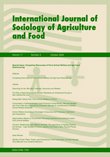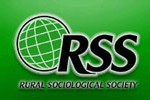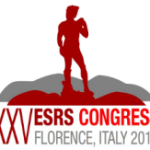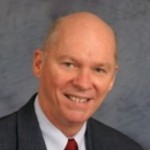 The latest special edition of the International Journal of Sociology of Agriculture and Food (IJSAF) features a collection of papers on private food standards:
The latest special edition of the International Journal of Sociology of Agriculture and Food (IJSAF) features a collection of papers on private food standards:
- Editorial Introduction by Ransom, Bain and Higgins: Private Agri-food Standards: Supply Chains and the Governance of Standards
- Hatanaka and Konefal: Legitimacy and Standard Development in Multi-Stakeholder Initiatives: A Case Study of the Leonardo Academy’s Sustainable Agriculture Standard Initiative
- Challies: The Limits of Voluntary Private Social Standards in Global Agri-food System Governance
- Trauger and Murphy: On the Moral Equivalence of Global Commodities: Placing the Production and Consumption of Organic Bananas
- Toschi Marciel and Bock: Modern Politics in Animal Welfare: the Changing Character of Governance of Animal Welfare and the Role of Private Standards
- Wiegel: A New Breed of Tomato Farmers? The Effect of Transnational Supermarket Standards on Domestic Cultures of Production and Trade
- Schewe: Negotiated Decision-Making: Understanding Farmer and Processor Certification
- Lockie, McNaughton, Thompson and Tennent: Private Food Standards as Responsive Regulation: The Role of National Legislation in the Development and Evolution of GLOBALG.A.P.





 ‘Landgrabbing’ is occupying the minds of rural sociologists throughout the world.
‘Landgrabbing’ is occupying the minds of rural sociologists throughout the world.